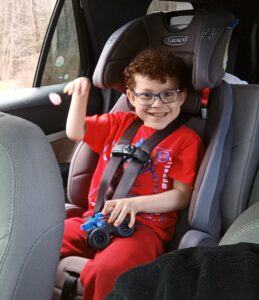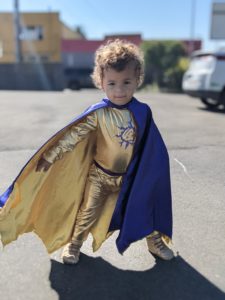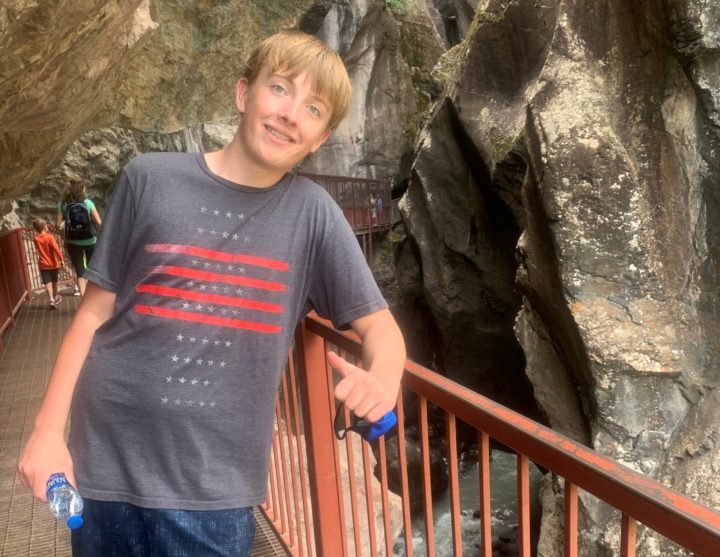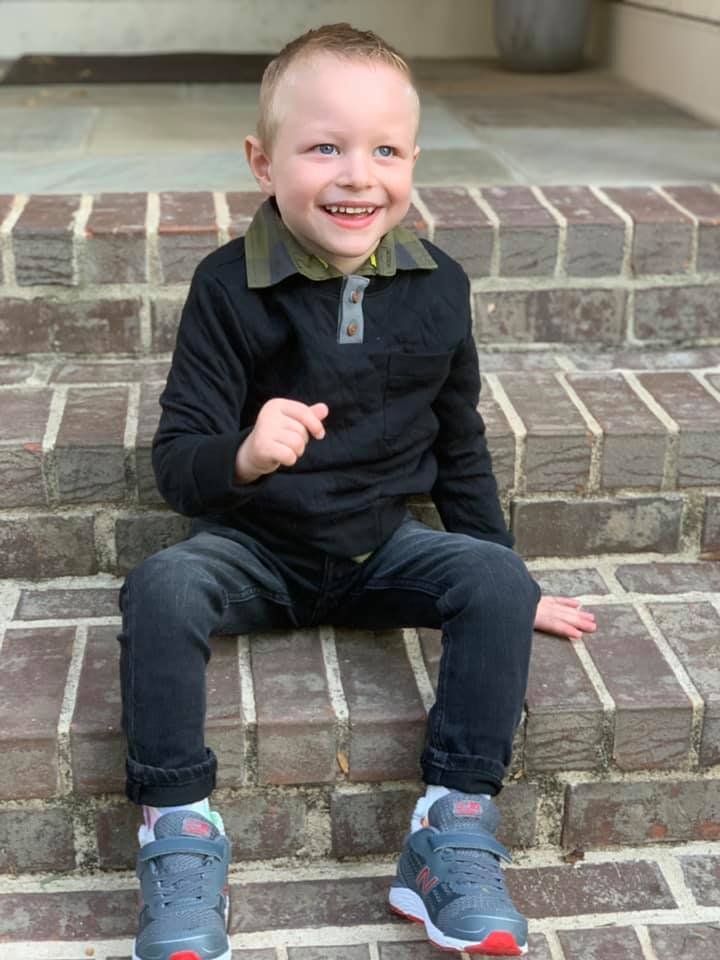Meet Elena — Perinatal Stroke
Translated from Italian
The sense of loss that I felt when we received the diagnosis was immense and still today peeks into me every now and then, even though almost 5 years have passed. The extent of what was communicated to us that day was a bolt from the blue. The motor problems of our daughter Elena (right hemi), who was 10 months old at the time of the diagnosis, we had noticed for some time; never, however, would we have imagined the extent of the damage that her brain had suffered in a moment that is not yet known with precision, between the 28th week of pregnancy and the 28th day of life.
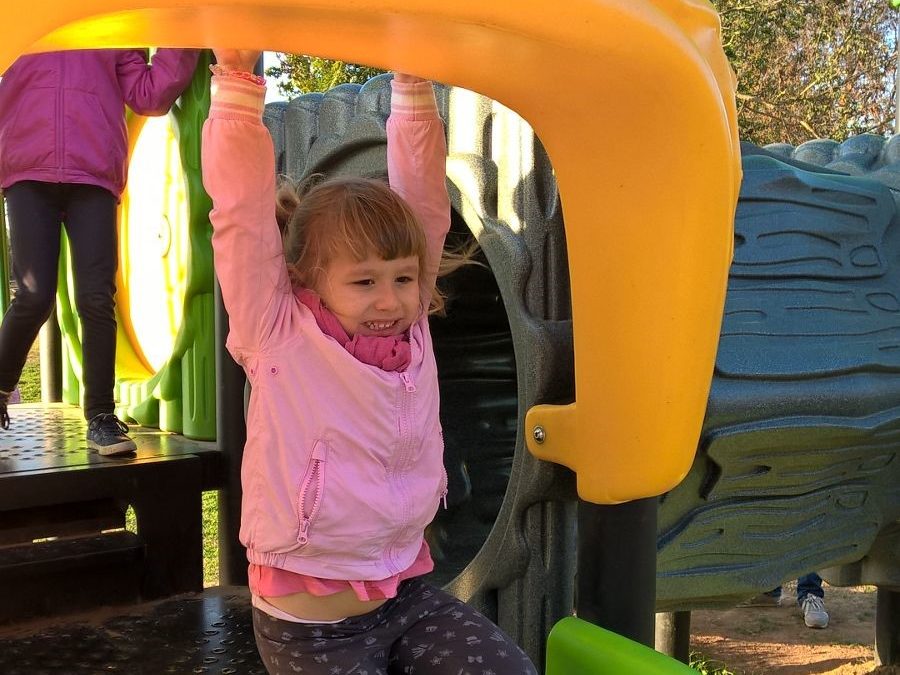
Everything has changed since the day of the diagnosis. I understood in a moment that the motor problem we observed could only have been the tip of the iceberg. I realized that we had little time before us (about 3 years, they told us) to accomplish much of the recovery and rehabilitation process. I realized that what Elena could have been offered in the small city we lived in was too little. A 360-degree approach to the girl was necessary. Not only physiotherapy, but also logopedic and cognitive monitoring to be able to intervene promptly if there were problems in this field (which then happened), psychological support to the child and the family.
After two months we moved to another city. My husband’s work helped me a lot, which often forces him to move: what seemed to me a limit to our family, so far suddenly became an opportunity. I left the job but I was able to take advantage of the parental leave I had not used before, then the extension and the extraordinary leave granted by the precious italian law called ‘104’.
That year we changed physiotherapists and method twice. It was our daughter who guided us in the choice, since we knew very little about the subject. Her psychological well-being and her serenity have always been our priority, so we only stopped at the moment when Elena met a team of therapists able to guarantee not only an adequate recovery, but also this well-being. I’m talking about a team because this was another of our “headlights” in the choice: rehabilitation cannot be the work of a single therapist, however good. We need a “team” of professionals, who can work in harmony with the school system, and we were lucky enough to have found it.
Our other great luck was that Elena has a twin sister: a continuous stimulus for her recovery process, a life gym for building her self-esteem. Today Elena is 5 and a half years old and our battle is not over. Although the famous first three years have long passed, the process of recovery continues, and now we have the great challenge of the elementary school, as well as some other major changes on the horizon (including my return to work).
We have faced many challenges and there have been many problems that have popped up over time: many of those that have been presented to us have not occurred, others that were not foreseen instead presented themselves at our door. Needless to say, the concern has always been a lot. I think it will be like this forever. Nevertheless, today we as parents can finally say we are more peaceful. We have a child in front of us who has had an excellent neuro-motor recovery, an intelligent and above all serene girl, with a remarkable self-esteem, aware of her problems but determined with a commitment to overcome them.
Sometimes I tell myself that perhaps we could do more for Elena’s recovery, especially at the level of the upper limb, even though we have made considerable progress. At the same time, however, I tell myself that we did what was possible at that time, having to give the girl time to play, have fun like all the other children of her age and grow up in a serene environment.
The message I want to give to parents who are facing this path is this: rehabilitation is very important but must never be a source of stress for the child and must live with other aspects of his or her life (the game, the school, the experiences) without invading all the space. This sometimes means going down to compromises. Elena has always been very explicit in making us understand when it was time to slow down or change the approach to rehabilitation. It is up to us as parents to catch these signals.
Thank you to Fight the Stroke for their help in gathering stories from Italy!
